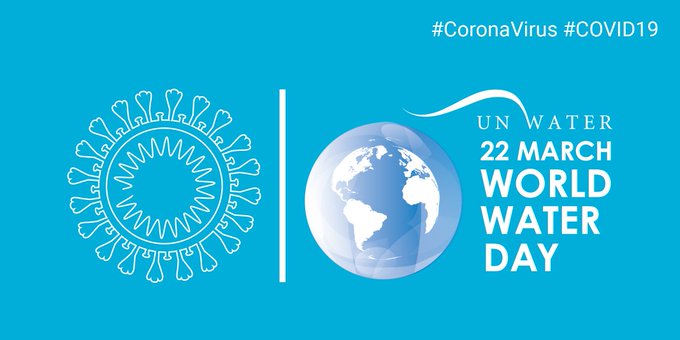On World Water Day, Zimbabwe Lawyers for Human Rights (ZLHR) is calling upon policymakers, local and central government to take concerted and coordinated efforts to develop and implement action plans on access to water that will help mitigate the impact of climate change.
Commemorated every year on 22 March, World Water Day aims to underline the importance of water in society. ZLHR said the theme for 2020 “Water and Climate Change” is an opportunity for people around the world including Zimbabwe, to focus on managing climate and water in a more coordinated and sustainable manner as the two are inextricably linked.
“The theme also lies at the heart of the Sustainable Development Goals, climate change, and lessening disaster risk. Across the world, climate change impacts are having direct consequences for water security. Climate change is here to stay with far-reaching implications, and there is a need to develop coping strategies to reduce the vulnerabilities of communities and economies,” ZLHR said.
According to the United Nations Children’s Fund and World Health Organisation, 2.2 billion people around the world live without access to safe water.
Climate change is leading to decreased access to water and threatens the full and active enjoyment of a range of human rights by people throughout the world. Rights affected include the fundamental rights to water, food, health, and life.
“This unfolding crisis requires all governments, including that of Zimbabwe, to take a human rights-based approach when pro-actively or reactively responding to climate change issues.”
In Southern Africa, World Water Day is being marked exactly one year after the disastrous effects of Cyclone Idai, which ravaged some parts of Zimbabwe and some neighbouring countries. This natural disaster set off a series of unprecedented climate-related disasters such as loss of lives, destruction of property, injuries and displacement of people, among other vulnerabilities.
Despite the adoption of the 2013 Constitution in Zimbabwe, which has some progressive provisions such as section 77 that guarantees the right to safe, clean and potable water, several people in Zimbabwe continue to grapple with lack of access to water.
Zimbabwe has additional obligations to fulfill this right to water emanating from international and regional instruments that the government has voluntarily agreed to be bound. These human rights treaties include the International Covenant on Economic, Social and Cultural Rights, the Convention on the Elimination of All Forms of Discrimination Against Women and the Convention on the Rights of the Child. These obligations are binding under international law.
“Local authorities and the central government should realise that failure by people living in Zimbabwe to access potable water, which is the very resource on which a healthy, productive life depends, is a violation of human rights. Access to clean water is indeed a fundamental right.
“Today, the world commemorates the United Nations designated World Water Day at a time when there is an outbreak of the deadly Coronavirus (COVID-19) pandemic. On the evening of 21 March 2020, the Minister of Health and Child Care confirmed the detection of a case of COVID-19 in Zimbabwe. The central government needs to work closely with local authorities around the country and put in place measures to guarantee the rights of all people to a constant supply of safe, clean and potable water,” ZLHR said.
It added that it is also essential to maintain a clean environment and that can only happen when there is access to clean, running water and sanitary environs to communities. The human rights advocates said the call for people to exercise personal hygiene by continually washing their hands can only happen when there is ready access to clean water.
To alleviate the impact of climate change on water, ZLHR urges government to;
o Increase knowledge on climate change to help reduce vulnerabilities and increase adaptive capabilities;
o Scale-up efforts to combat climate change and adapt to its effects including increasing investments in water supply and sanitation services and becoming more resilient in the face of a changing climate;
o Ensure that all persons have the necessary capacity to adapt to climate change, including ensuring accountability and effective remedy for human rights harms caused by climate change.






